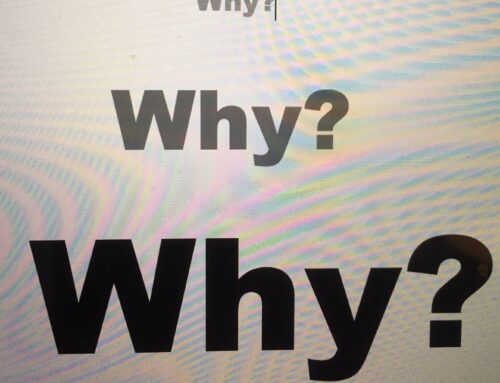
Part II revealed how non-Catholic, even pagan, writings can provide valuable insights that reinforce our faith. Here are some additional examples from Confucius and Mencius, all written centuries before the time of Christ:
If a son merely ensures that his parents have enough to eat and there is no deep feeling of love and respect towards them, wherein lies the difference between his relationship with them and his relationship with his domestic animals? [Compare this with “If you love those who love you, what credit is that to you? For even sinners love those who love them. If you do good to those who do good to you, what credit is that to you? For even sinners do the same. Luke 6:32-33]
A virtuous man cherishes his soul, the mean man cherishes earthly things. A virtuous man respects the law, the mean man thinks of how he may circumvent it for personal gain. [Compare: “For what does it profit a man to gain the whole world, and forfeit his soul?” Mark 8:36]
A gentleman’s code of conduct is not to do unto others what he does not want others to do unto him. [Compare: “In everything do to others as you would have them do to you; for this is the law and the prophets. Matt 7:12]
A gentleman tries to banish from his bearing all traces of violence and arrogance, to remove from his actions all insincerity, to purge from his speech all vulgarity and impropriety. [Compare: “Blessed are the meek, For they shall inherit the earth.” Matt 5:5]
Is not he a gentleman who repays injury with kindness, and kindness with kindness? [Compare: “But I say to you who hear, love your enemies, do good to those who hate you, bless those who curse you, pray for those who mistreat you.” Luke 6:27-28]
To share one’s wealth with others is generosity; to share with others when one is poor is an even greater virtue. [Compare: “Truly I tell you, this poor widow has put in more than all of them; for all of them have contributed out of their abundance, but she out of her poverty has put in all she had to live on.” Luke 21 3-4.]
Do not wait until next year to put an end to anything that is wrong or unrighteous now. [Compare: “Therefore if you are presenting your offering at the altar, and there remember that your brother has something against you, leave your offering there before the altar and go; first be reconciled to your brother, and then come and present your offering.” Matt 5: 23-24.]
A great man forever retains the heart of a child. [Compare: “Truly I tell you, unless you change and become like children, you will never enter the kingdom of heaven. Whoever becomes humble like this child is the greatest in the kingdom of heaven.” Matt 18:2-4]
To shame one’s personal name is bad enough, but to shame one’s surname is unforgivable because a surname is shared with others. [Also] It is not enough to look after one’s parents when they are living; it is important to honor and respect them even after they are dead. [Compare: “Honor your father and your mother, that your days may be prolonged in the land which the Lord your God gives you.” Exodus 20:12]
All these passages illustrate how reading works of those outside our faith can reinforce our Catholic beliefs. Moreover, they suggest how to argue for Catholic (or broadly Christian) beliefs from reason alone without reference to religious doctrines, an approach that is considerably more effective with non-believers.
Not all such works will reinforce our faith, of course; some will challenge our beliefs and values. In that case, they at very least help us understand the substance of the disagreement, clarify our views, and communicate more effectively.
Copyright © 2016 by Vincent Ryan Ruggiero. All rights reserved



